Digital-age dodos: 10 things tech is rendering redundant
Technology can destroy entire industries or remake them entirely
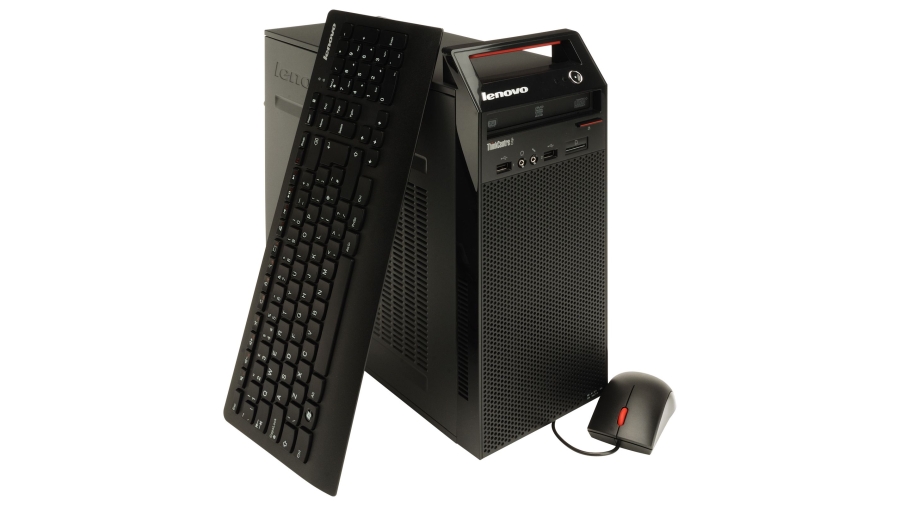
Technology is the great transformer, and the pace of change is accelerating: Google's running robot cars, you can own your own helicopter and you can access all of the world's information from a device you keep in your pocket.
But technology is a destroyer too. It can destroy entire industries or remake them entirely, render everyday objects obsolete, and change the way we shop, entertain ourselves and communicate with one another. Let's discover the items and ideas that technology is rendering redundant.
1. Bezels
In the 1950s, television sets were more bezel than screen: for every twelve inches of screen you'd have seven feet of bezel. Over the next decades screen technology improved but bezel technology didn't, and even relatively recent flat-screen sets came with enormous black bezels around their LCD panels. Today, though, bezels are an endangered species: space-saving LED panels mean that even the biggest HD TVs come with barely a whisper of bezel, and small-screened devices such as smartphones and tablets are getting edge-to-edge displays too. Bye, bezels!
2. Cables
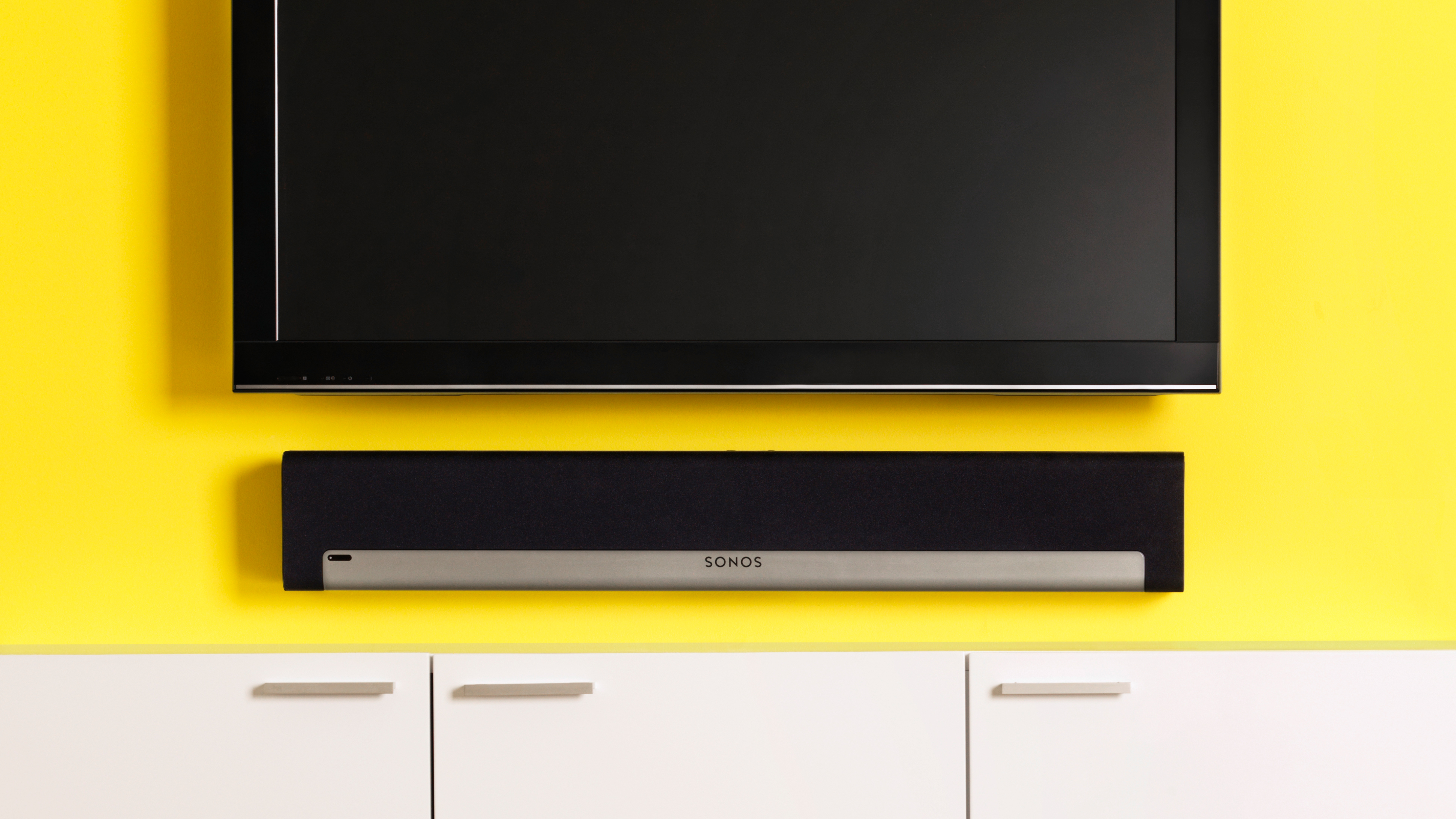
It's taken a bit longer than we'd like, but cables do appear to be on the way out: wireless soundbars such as the Sonos Playbar replace the traditional spaghetti junction of home entertainment cables; most smartphones sync - and in the case of recent Nokias, charge - without wires; network storage is going wireless; and TVs such as Panasonic's TX-L42DT65B can even stream media to iPads. We're not completely cable-free yet - that day is still some years away - but we're definitely heading in the right direction.
3. Discs
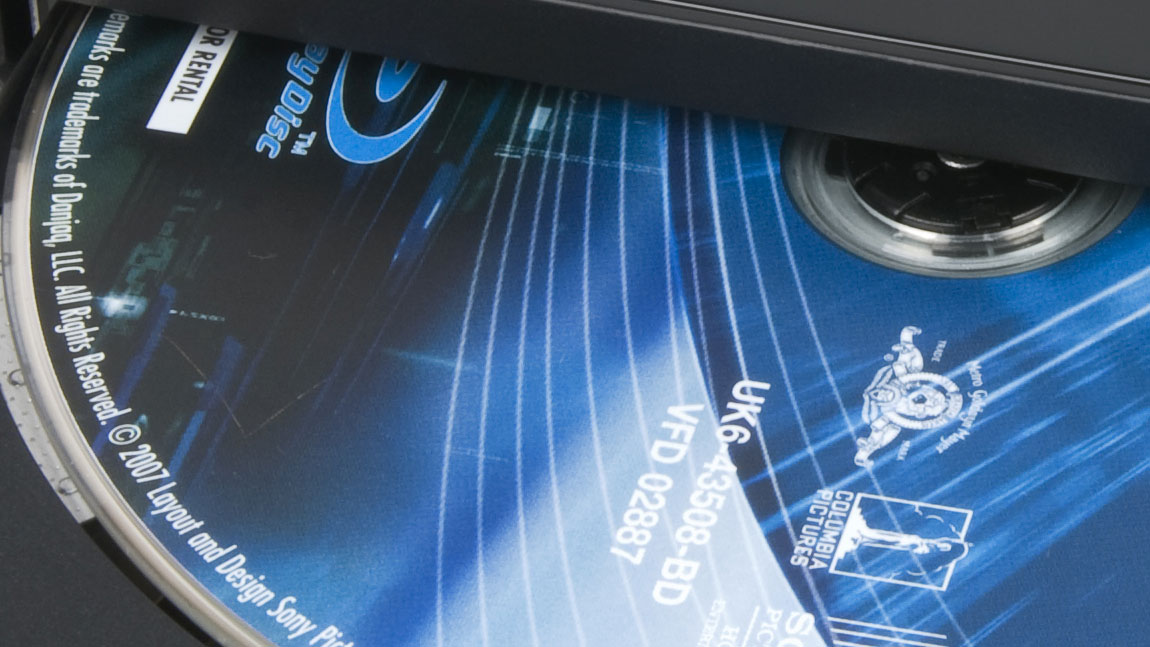
Bill Gates said Blu-Ray would be the last disc format the world would ever see, and it looks like he was right: from iTunes tracks to Netflix subscriptions we're getting more and more media delivered digitally instead of on shiny plastic discs. Instead of packaged software we have apps, instead of CDs we have MP3s, FLAC and AACs, and instead of DVDs we have downloads. Discs of all kinds are going the way of C90 cassettes, 8-track cartridges and wax cylinders.
4. Desktop PCs
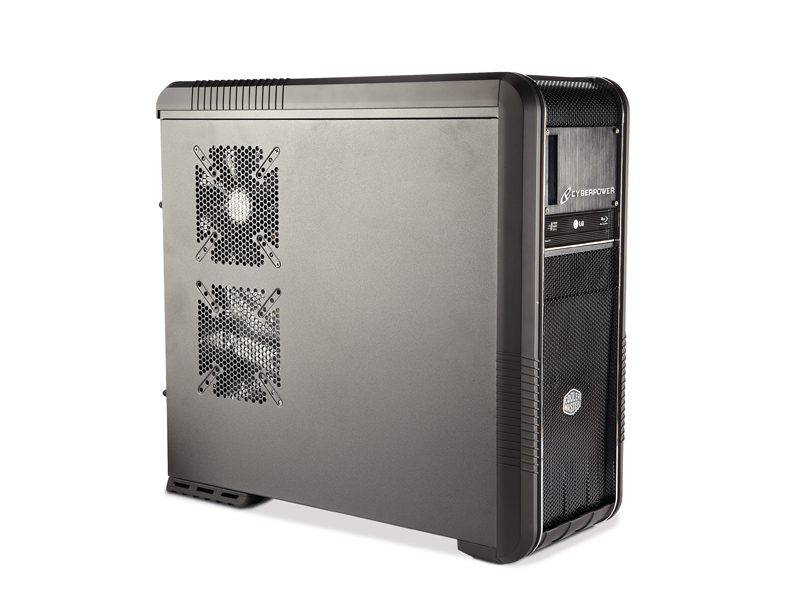
Sales of laptops overtook desktops back in 2008, and this year's numbers show a sustained decline in the overall PC market too: tablets are doing to PCs of all kinds what laptops did to desktops. Desktops won't disappear altogether - recording studios love their Mac Pros, while gamers will never tire of shoving ever more powerful graphics cards into chassis - but the future of everyday computing is mainly mobile.
5. Video cameras
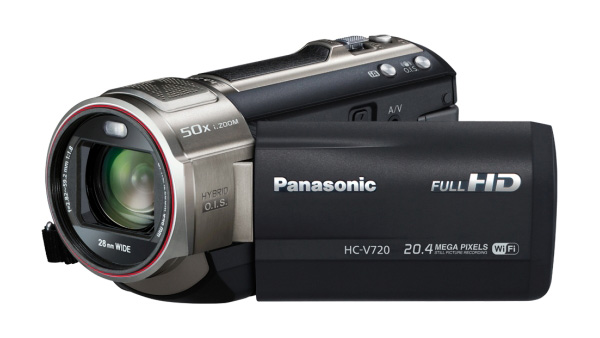
Camcorders are being squeezed on two fronts: on one flank there are the smartphones, which these days are offering rather good HD recording, and on the other flank you have the digital SLRs that do video too. Smartphones have already replaced compact cameras for many of us, and their ever-improving video capabilities mean camcorders are likely to become increasingly niche products for prosumers and pros.
Sign up for breaking news, reviews, opinion, top tech deals, and more.
6. Landlines
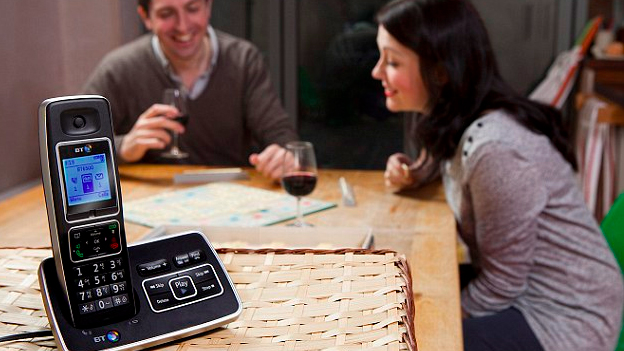
For ordinary people, landlines don't make sense any more: if we want to talk to you we'll call the phone you carry with you everywhere, not the phone that lives on a little table in a building that you're sometimes inside. For consumers landlines are only necessary because you can't get ADSL without one.
7. Privacy
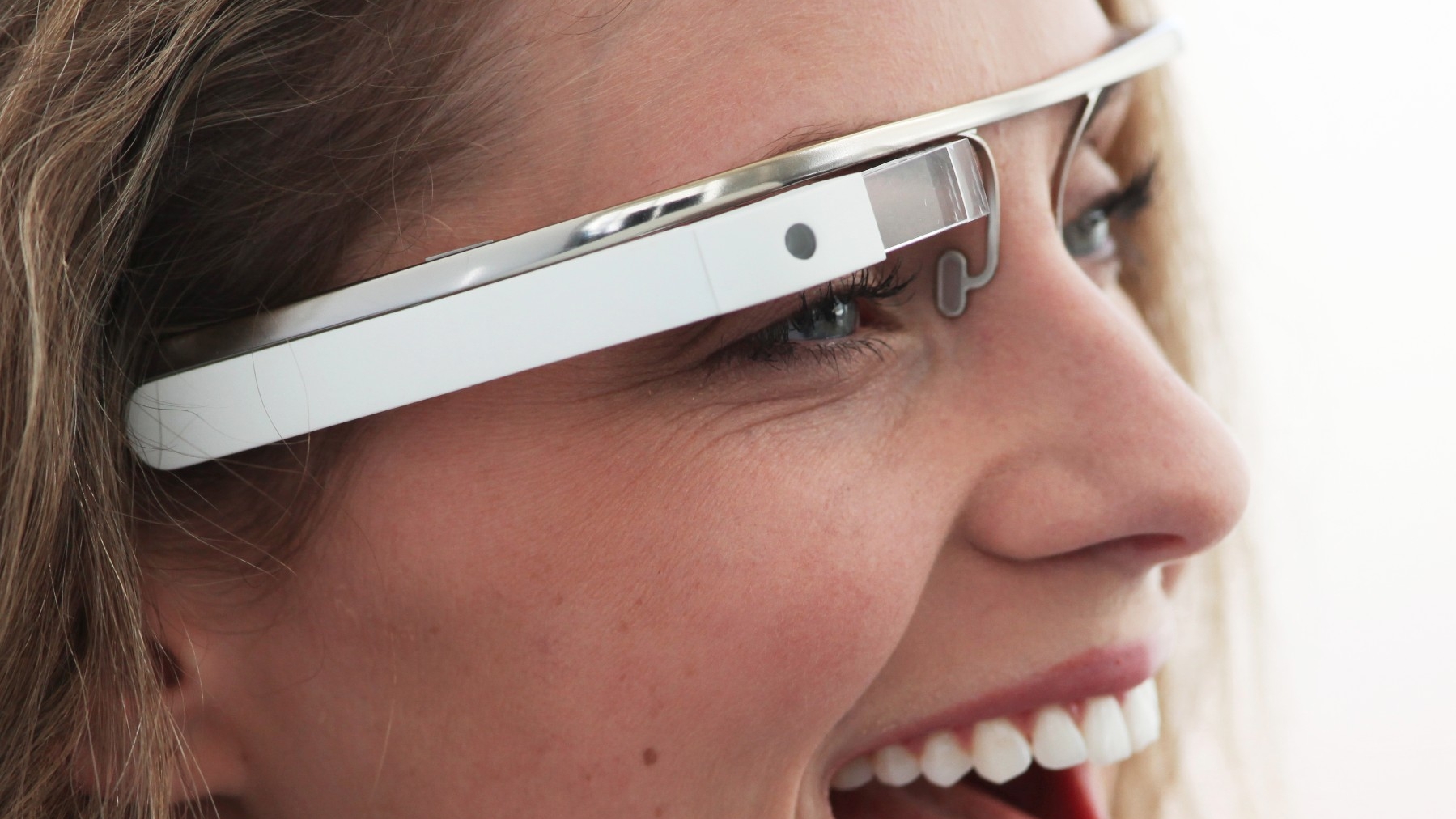
One day we'll look back on the pre-internet era with amazement. "You mean you weren't on camera all the time?" "No, and nobody was tracking everything I read, said or thought either." Our smartphone-packing, social media-sharing world enables companies (and if you're feeling paranoid, governments) to amass truly extraordinary amounts of information about us: who we are, what matters to us, where we go, what we buy and who we like to communicate with. God knows what it'll be like when everyone on the train's wearing Google Glass and the skies are thick with camera drones.
8. Netbooks
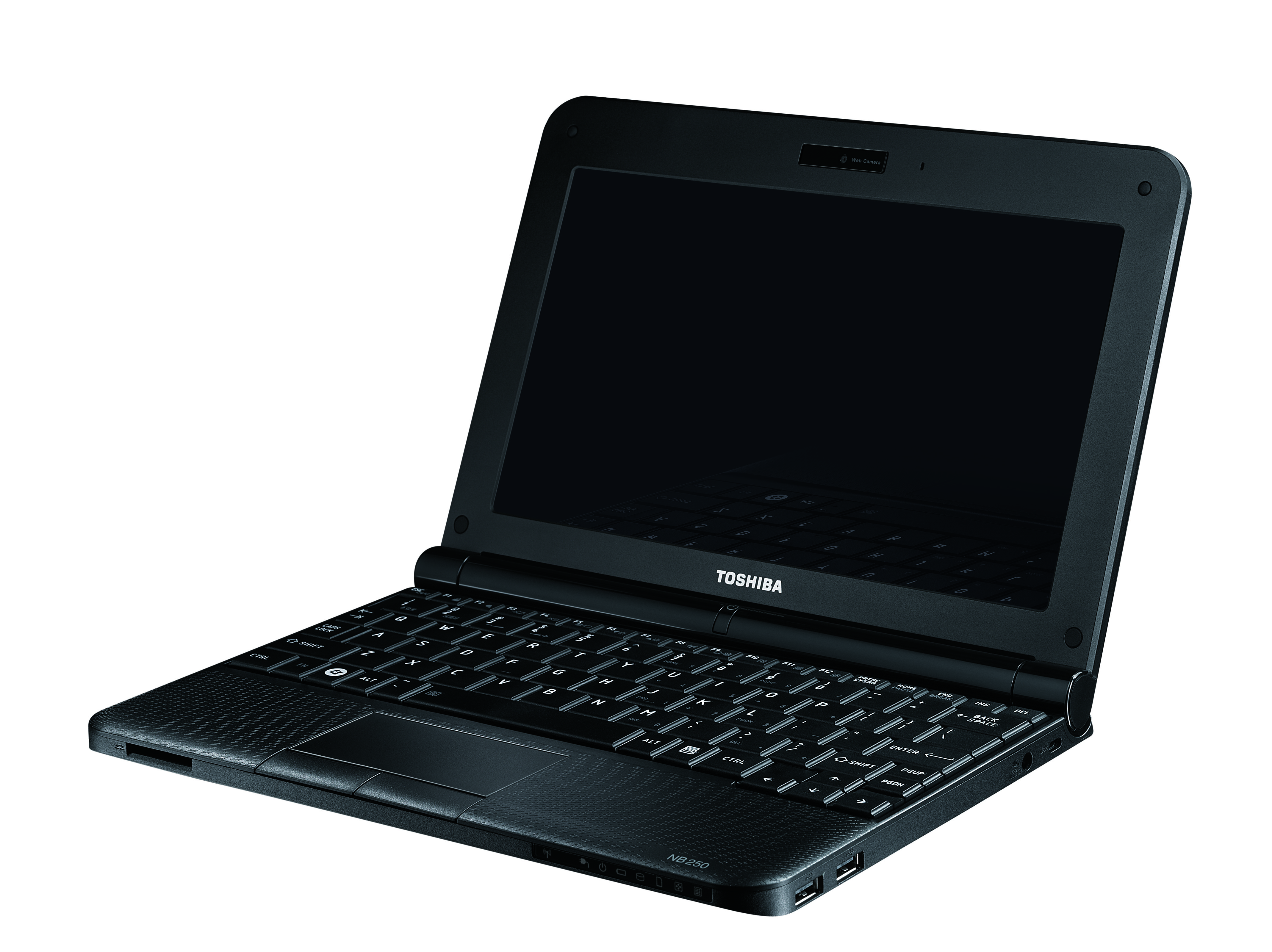
They came, they drove Windows PC pricing into the ground, and they're off again: according to analysts at IHS, the netbook will be extinct by 2015. IHS's Craig Stice says that the arrival of the iPad and its imitators lead to a "massive loss of interest in netbooks." Netbooks peaked in 2010, selling 32 million units, but IHS predicts that in 2014 the number will fall to around a quarter of a million and "00.0 million" in 2015.
9. 3D Glasses
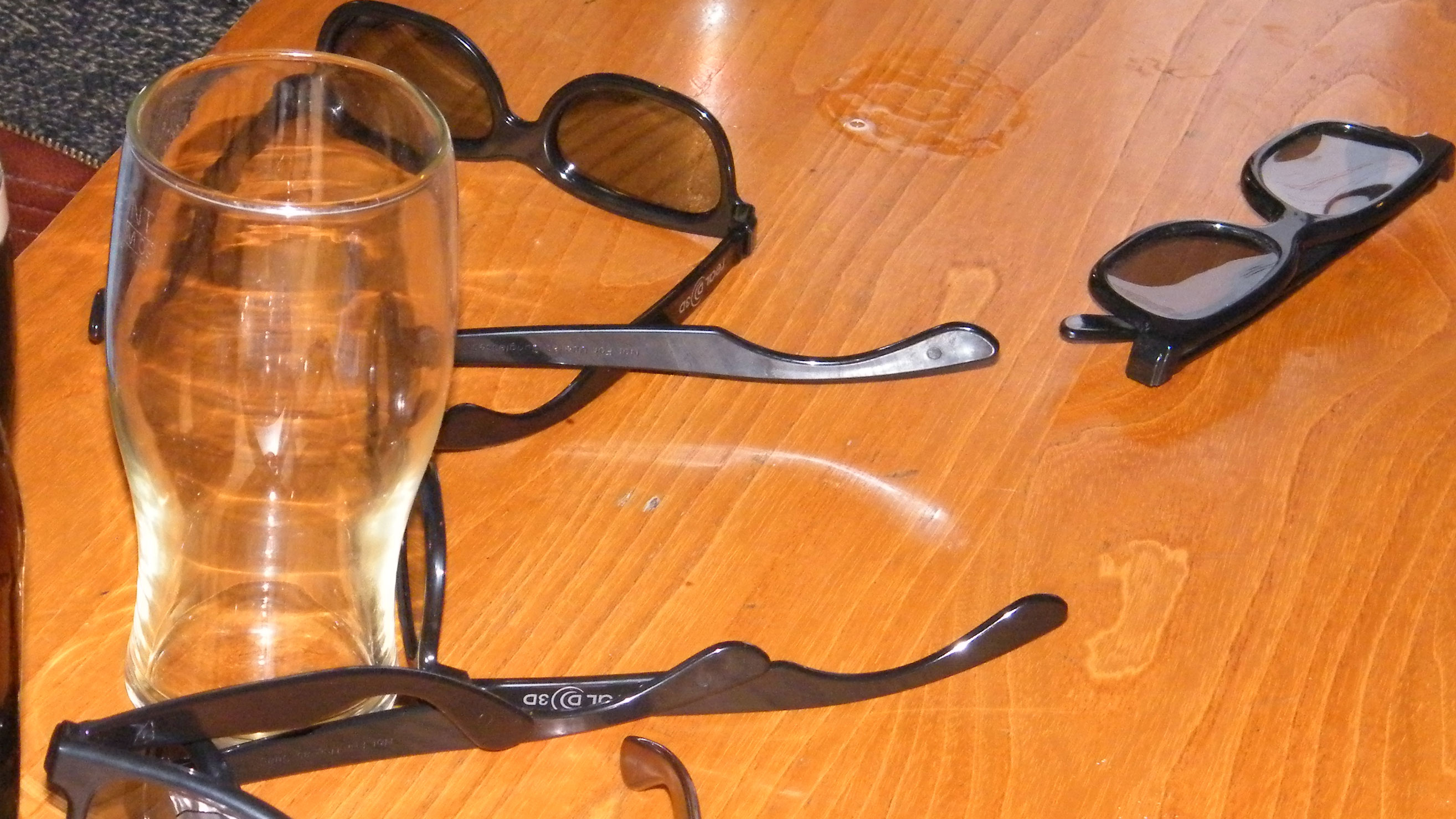
We've said it before: 3D TV is a failure, and it's largely due to those silly specs. Multiple surveys commissioned by the BBC say that more than 50% of people can't stand the damn things, and it seems that while 3D TVs are selling in reasonable numbers people aren't actually using them to watch 3D content. 3D TV currently has two possible futures: either glasses-free 3D will save the day and make 3D properly mainstream, or we'll forget all about it and go for Ultra HD instead.
10. Politeness
People in supermarkets keeping their earbuds in when the assistant scans their shopping; smartphone addicts checking social media instead of listening to the people they're with; idiots soundtracking bus journeys with their phones' tinny speakers; complete strangers calling each other terrible things on Twitter; people blocking your view with iPads - iPads! - when they decide to record gigs... these things have become so ordinary we barely notice them any more. We've known for many years that getting behind the wheel of a car turns some people into ignorant, insufferable arses. Sadly it seems that for some people, switching on a gadget has a very similar effect.

Contributor
Writer, broadcaster, musician and kitchen gadget obsessive Carrie Marshall has been writing about tech since 1998, contributing sage advice and odd opinions to all kinds of magazines and websites as well as writing more than twenty books. Her latest, a love letter to music titled Small Town Joy, is on sale now. She is the singer in spectacularly obscure Glaswegian rock band Unquiet Mind.